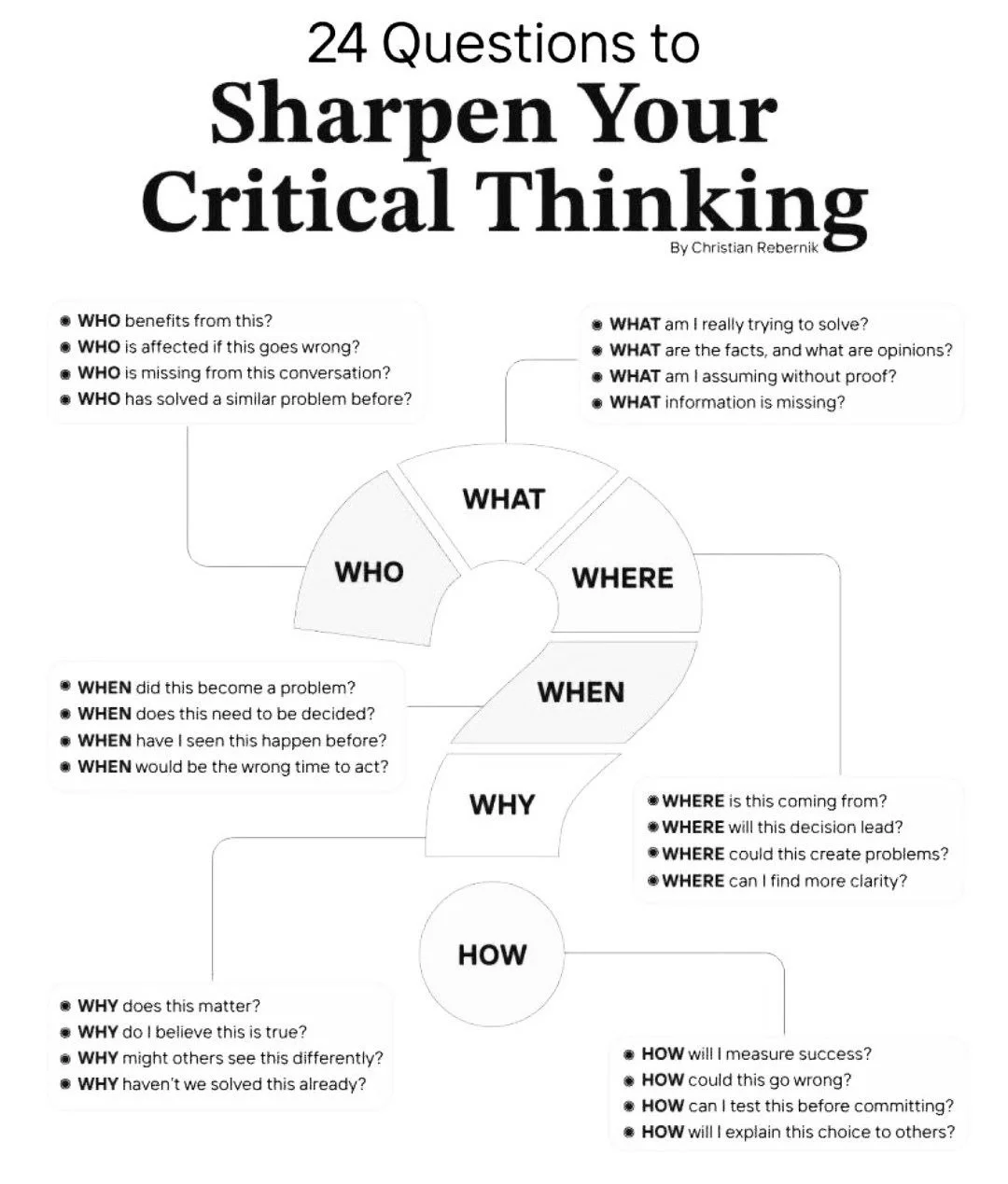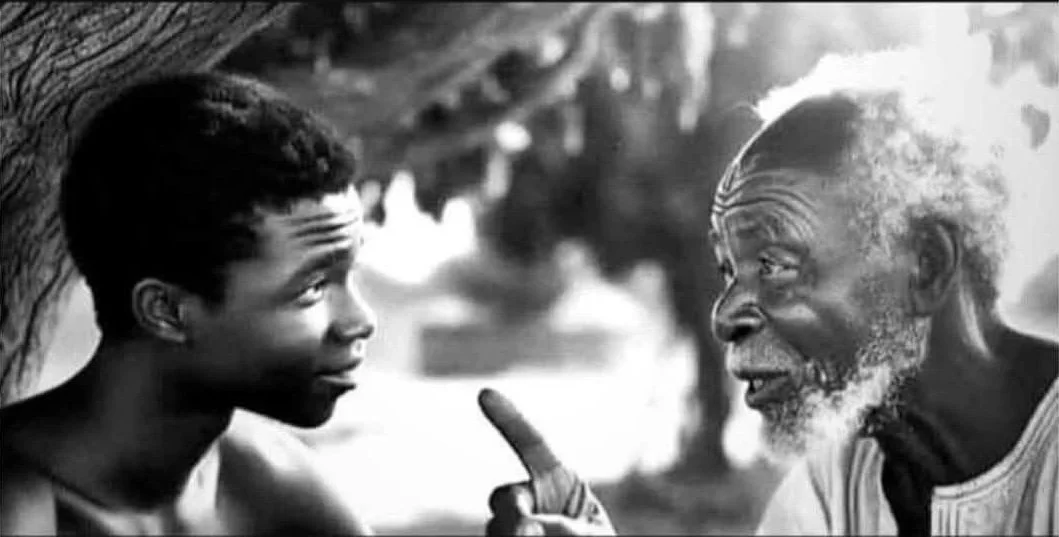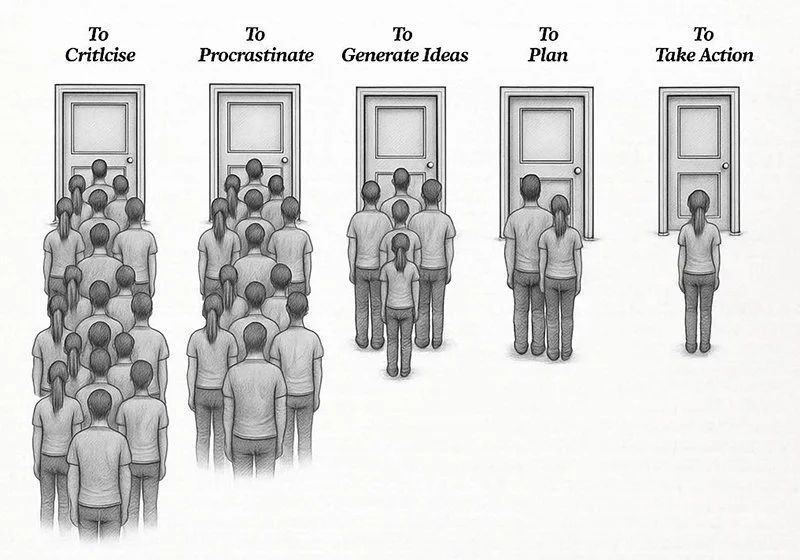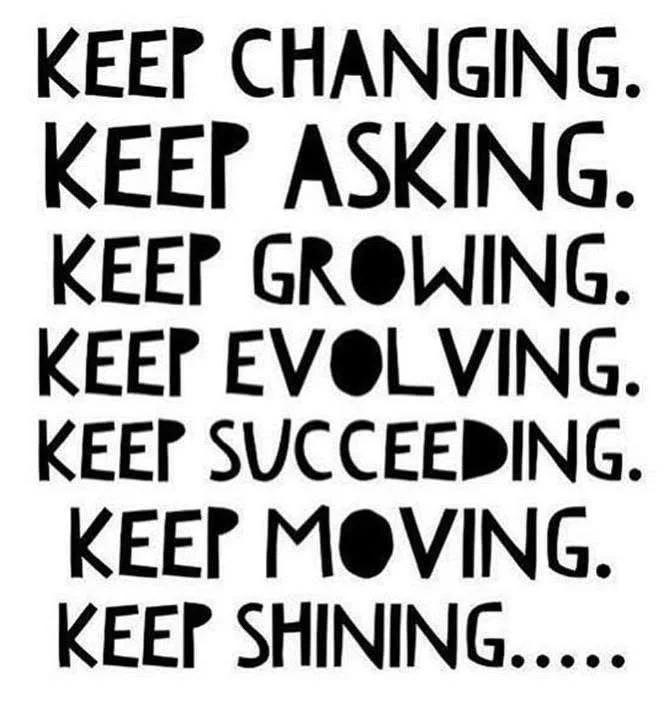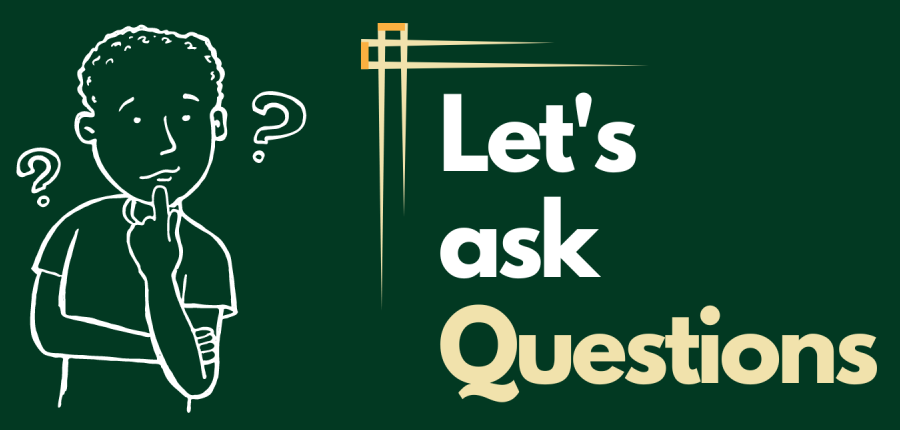Image c/o Sukhraj Singh ©
I often frame personal and professional growth around three questions: How strongly do you want it? What are you prepared to endure to achieve it? And, most fundamentally, what do you actually want?
I think clarity of intention is where meaningful progress begins. Many people struggle not because of a lack of ability, but because they have not taken the time to define what they truly want from their lives. Each day presents an opportunity to act with purpose and shape the direction of one’s own story.





